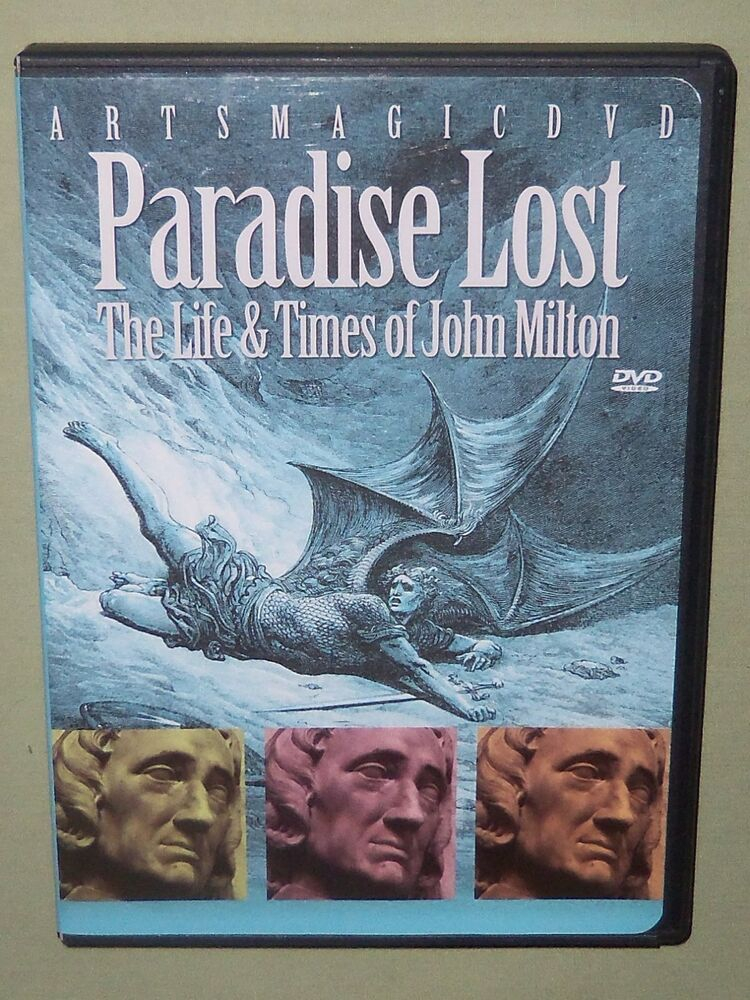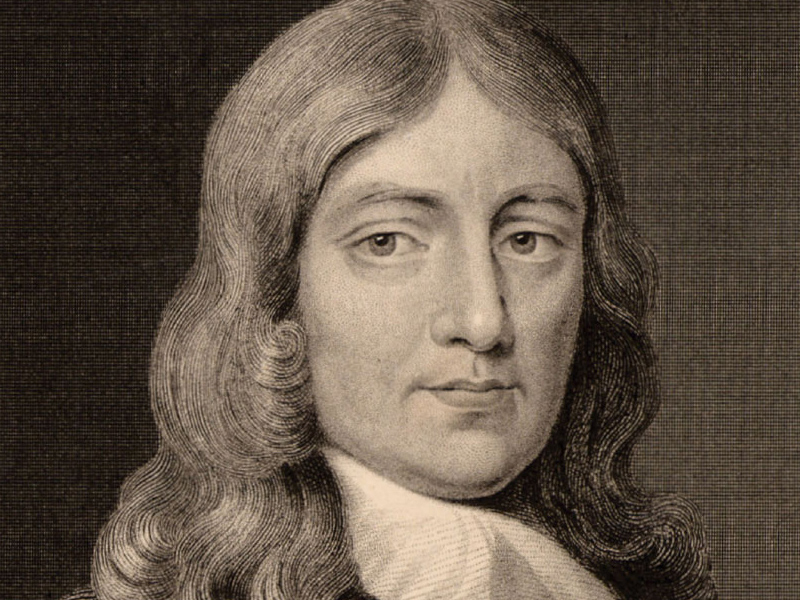Paradise lost
John Milton's biggest work, Paradise Lost, is thought to be what made him famous as one of the greatest English poets of all time. The poem is set at the start of human history, according to Christians. It starts after the cosmos was created after Satan's failed uprising. The biblical account of the Fall of Man, which describes how Satan tempts Adam and Eve to eat the forbidden fruit and ultimately causes their banishment from the Garden of Eden, is the primary subject of Paradise Lost. The main topic of Milton's epic is Man's disobedience to God's will, which implies that not only Adam but all of humanity from the beginning has disobeyed God. Along with sin, the poem also frequently touches on fate, free will, pride, retribution, and treachery.
The most well-known epic poem in the English language, Paradise Lost is a work of art that has been extensively read and studied. The principal figures in the poem are God, Satan's representative Lucifer, Adam, and Eve. Many articles have been written regarding Milton's sinister but sympathetic portrayal of Satan. The Romantic writers William Blake and Percy Bysshe Shelley praised Satan's uprising against the rule of Heaven and considered him as the true protagonist of the poem. Paradise Lost served as an inspiration for numerous other pieces of art, including John Keats' lengthy poem Endymion and Joseph Haydn's oratorio The Creation (1798). In 1671, Milton published a companion work titled Paradise Regained, which dramatizes the temptation of Christ.
Poet: John Milton
Published: 1667












